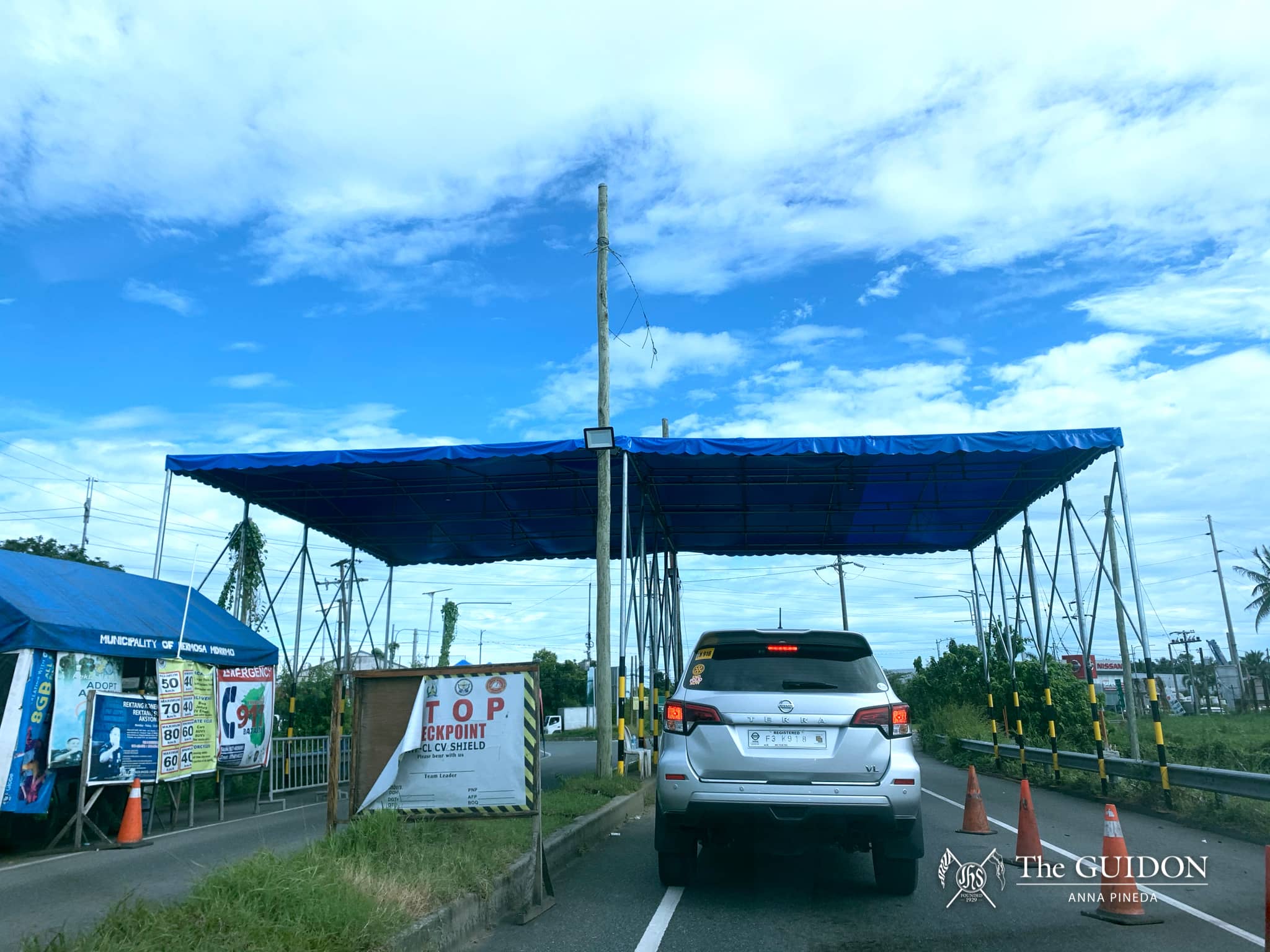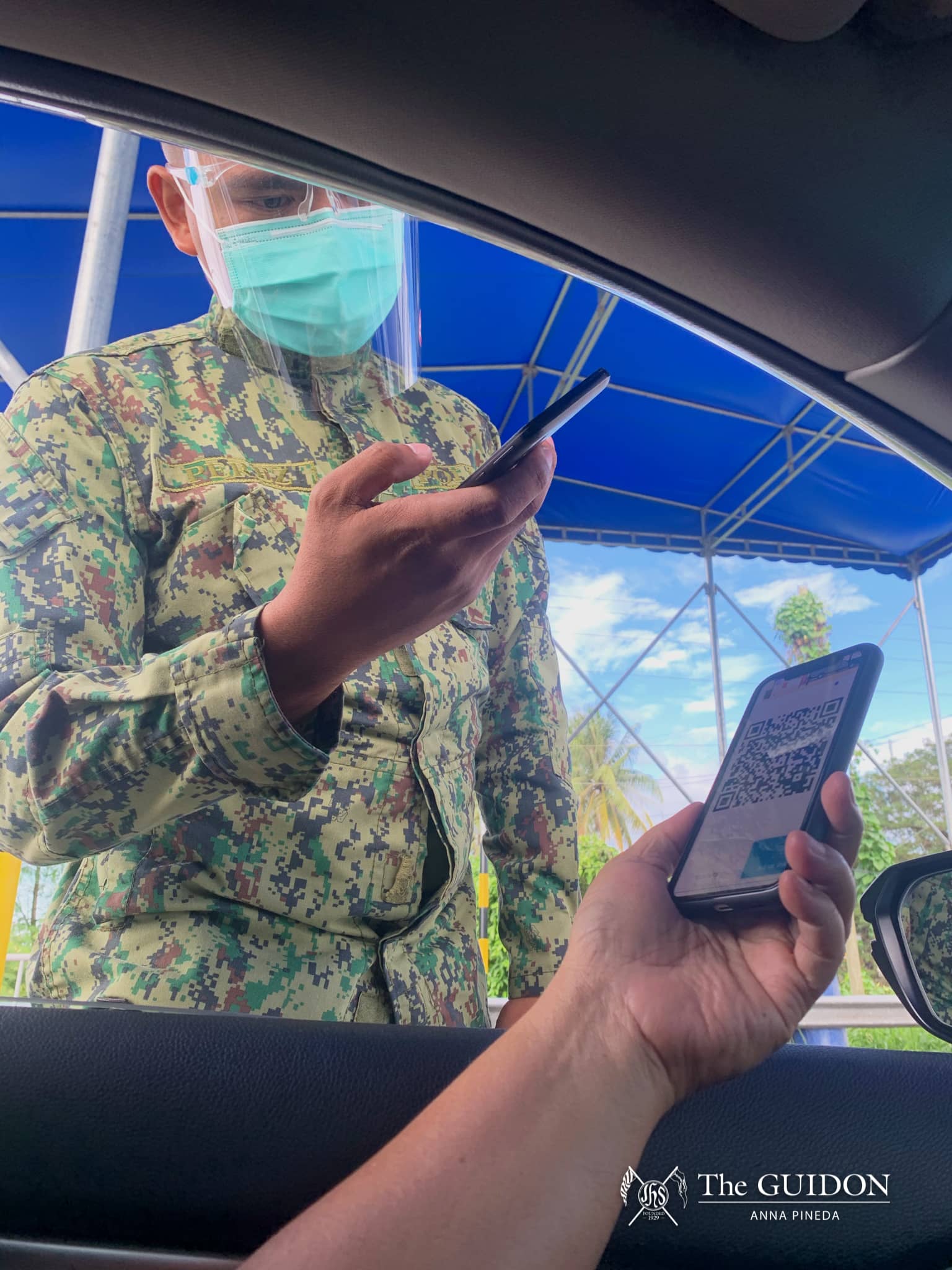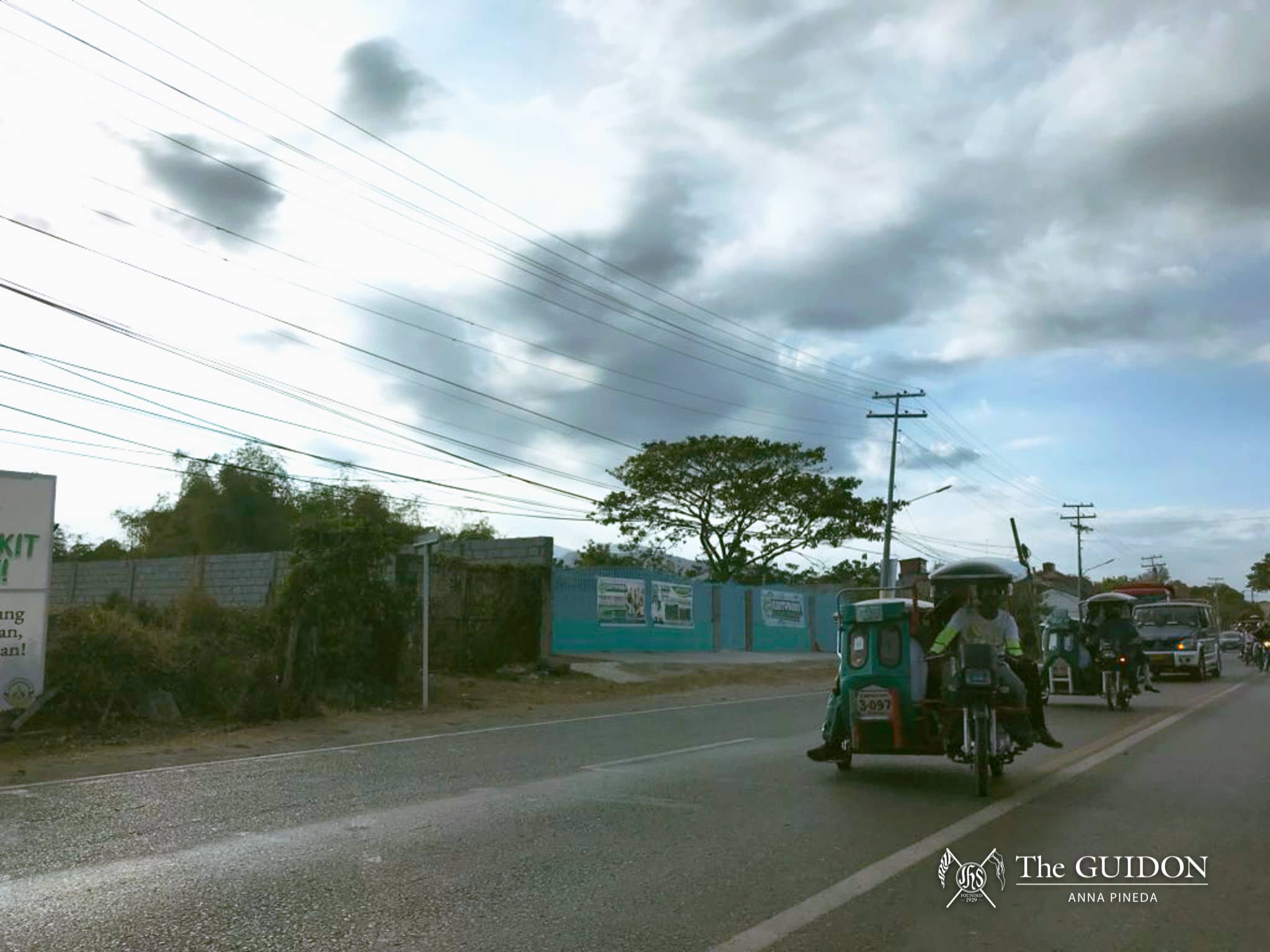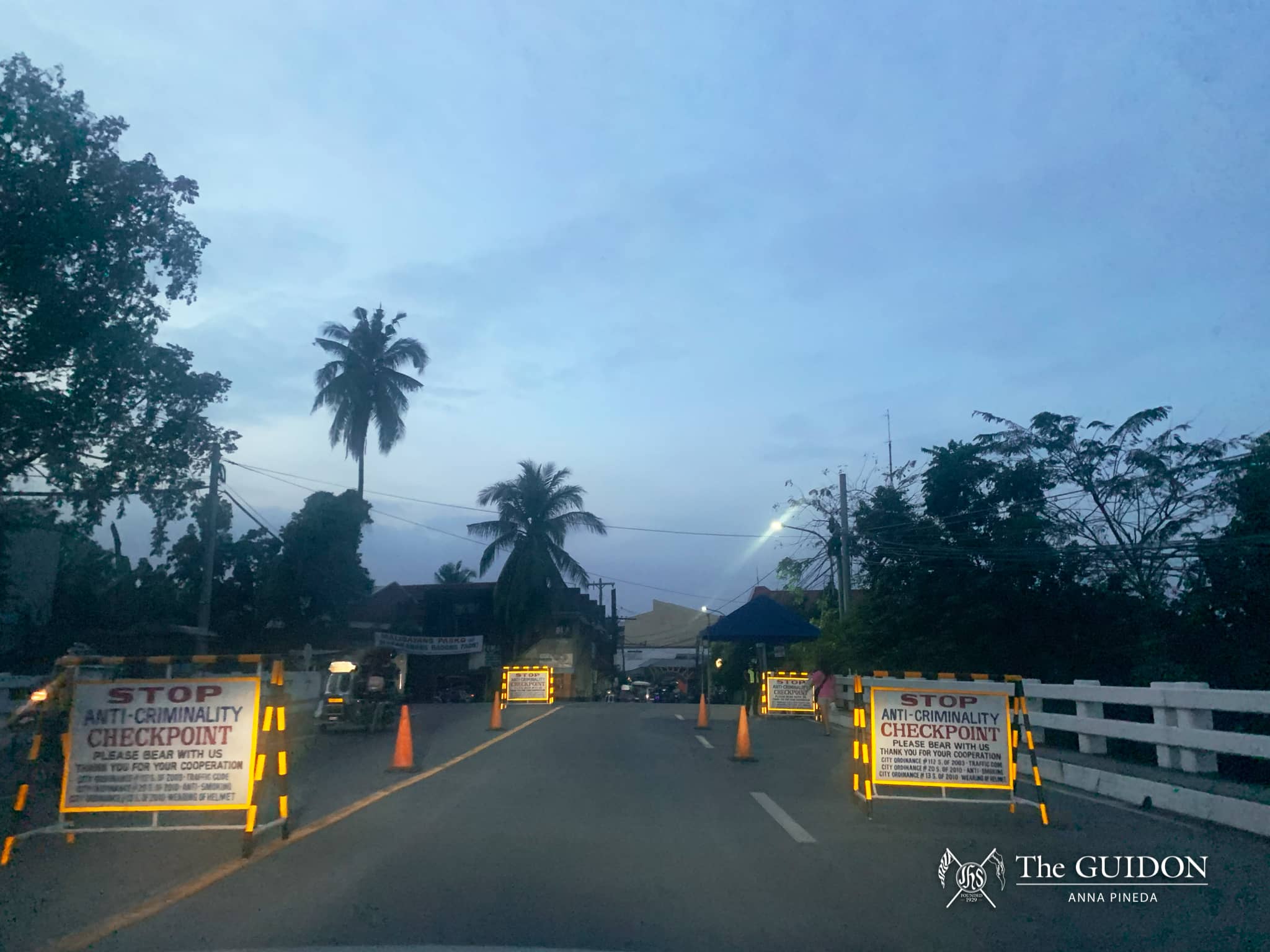In response to the COVID-19 pandemic, the province of Bataan continues to maintain the safety and welfare of their citizens by imposing travel restrictions, including the ‘No Quick Response (QR) code, no entry’ policy, and prioritizing pandemic-related projects, such as the Mega Quarantine (Mega Q) Facility.

Surrounding the borders of Bataan are checkpoints manned by members of the Armed Forces of the Philippines who serve to monitor movement among residents as well as non-residents, namely overseas Filipino workers (OFW), locally-stranded individuals (LSIs), and authorized persons outside of residence (APOR), including holiday travelers. Upon their arrival in Bataan, they scan QR codes to gain entry into the province.
The acquisition of QR codes through the GET-PASS Application requires the person to fill up a health declaration form, set a travel appointment, verify their identity through valid identification cards (ID), and if applicable, a certificate of employment. This QR code is valid only for two weeks. Aside from presenting their QR code and valid ID, the non-resident must be wearing a face mask and a face shield, as well as have his temperature checked.

Meanwhile, non-residents such as OFWs, LSIs, and APOR are required to undergo a COVID-19 screening test and a “special 14-day quarantine” in designated government facilities, such as the Bataan General Hospital. Non-residents who submitted medical certificates obtained outside Bataan aren’t acknowledged by the local officials, and are therefore subject to provincial protocols.
.jpg)
.jpg)
Concerned with the increase of non-residents, the local government built the Mega Q facility, a temporary treatment and monitoring center. Situated in Orani, Bataan, the 209-bed capacity and three-hectare compound is a complementing infrastructure to the immediate establishments of Polymerase Chain Reaction (PCR) laboratories, namely the 1Bataan-BGHMC PCR Laboratory, and the Mariveles District Hospital Molecular Laboratory.
With tricycles serving as one of several modes of public transportation in Bataan, the local government is working on implementing cashless transactions to prevent COVID-19 transmission, as well as crime occurrences.


The citizens continue to abide by the protocols and guidelines by the local government in order to achieve a COVID-19-free locale. As of writing, there have been only 81 deaths out of 3,725 confirmed cases in Bataan, according to an infographic by the Facebook page of Abet Garcia, Congressman of the second district of Bataan.
